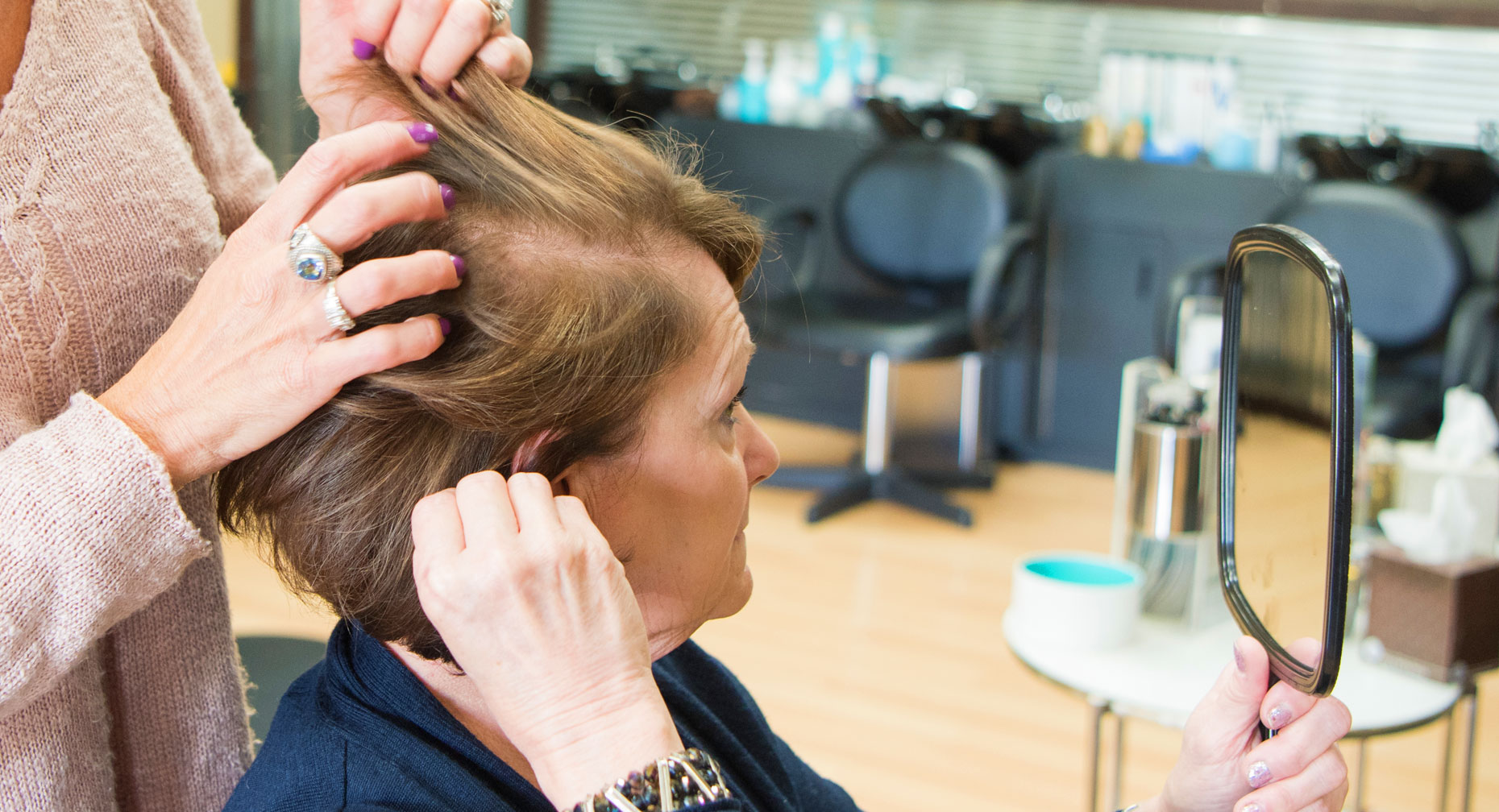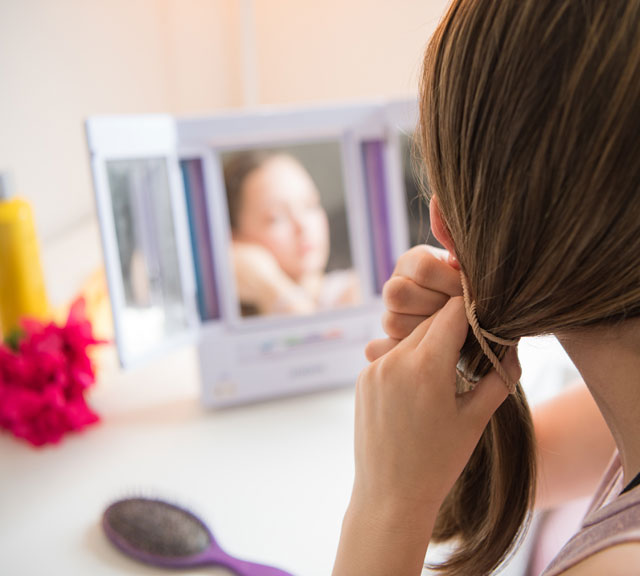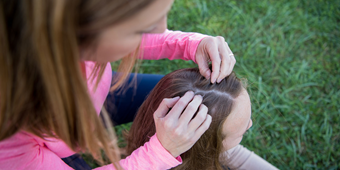Hair Today, Gone Today?

Find Your Perfect Match
Answer a few questions and we'll provide you with a list of primary care providers that best fit your needs.
Hard to believe, but the scalp contains about 100,000 hairs. Each of us normally loses 50 to 100 of those hairs each day.
Some people have alopecia, the medical term for hair loss that results in bald spots or excess thinning or baldness. There are different kinds of alopecia. What most of us call male or female pattern baldness (MPB) is medically known as androgenetic alopecia.
MPB accounts for more than 95 percent of hair loss in men. By age 35, two-thirds of American men experience some degree of MPB. By age 50, it’s 85 percent. Women make up 40 percent of American hair loss sufferers.
Hair loss can be temporary or a permanent condition, often dependent on its cause.
Causes of Hair Loss
Heredity often plays a role in whether you’ll experience excessive hair loss. You may have a gene that makes you susceptible to MPB.
Physical or emotional stress may cause one-half to three-quarters of scalp hair to shed. This type of hair loss is called telogen effluvium. Other causes of hair loss include:
1) Improper grooming practices, such as:
- Excessive or improper use of styling products such as perms, dyes, gels, relaxers, or sprays
- Hairstyles (ponytails, braids) that pull the hair
- Shampooing, combing or brushing hair too much or too hard
2) Medical conditions, such as:
- Some diseases, including thyroid disease
- Menopause
- Childbirth, surgery, high fever or severe infection
- Eating disorders such as anorexia and bulimia
- Having alopecia areata, which causes hair to fall out in round patches
3) Nutrition and medication, such as:
- Not enough protein or iron in your diet
- Certain prescription drugs, including blood thinners and high-dose vitamin A
- Medicines for arthritis, depression, gout, heart problems and high blood pressure
- Birth control pills
- Hormonal imbalances
- Some radiation therapy and chemotherapy treatments

Treatments for Hair Loss
Changing to more natural hair styles usually eliminates excessive hair loss caused by hair abuse.
Hair loss from poor nutrition usually stops with starting a healthy diet. Likewise, hair loss from a medical condition stops when the condition is treated.
Some temporary hair loss, such as from illness, childbirth or chemotherapy, often goes away after six months to two years. Physical or emotional stress resulting in telogen effluvium decreases over six to eight months after the stress has ended.
Your health care provider can discuss if prescription medications (finasteride, dutasteride) or an over-the-counter topical treatment (minoxidil) is appropriate for you. Hair replacement — including hair transplantation, tissue expansion, flap surgery, and scalp reduction — is a solution for some people.
Find Your Perfect Match
Answer a few questions and we'll provide you with a list of primary care providers that best fit your needs.
Source: MedlinePlus; Drugs.com; American Hair Loss Association; American Academy of Dermatology




